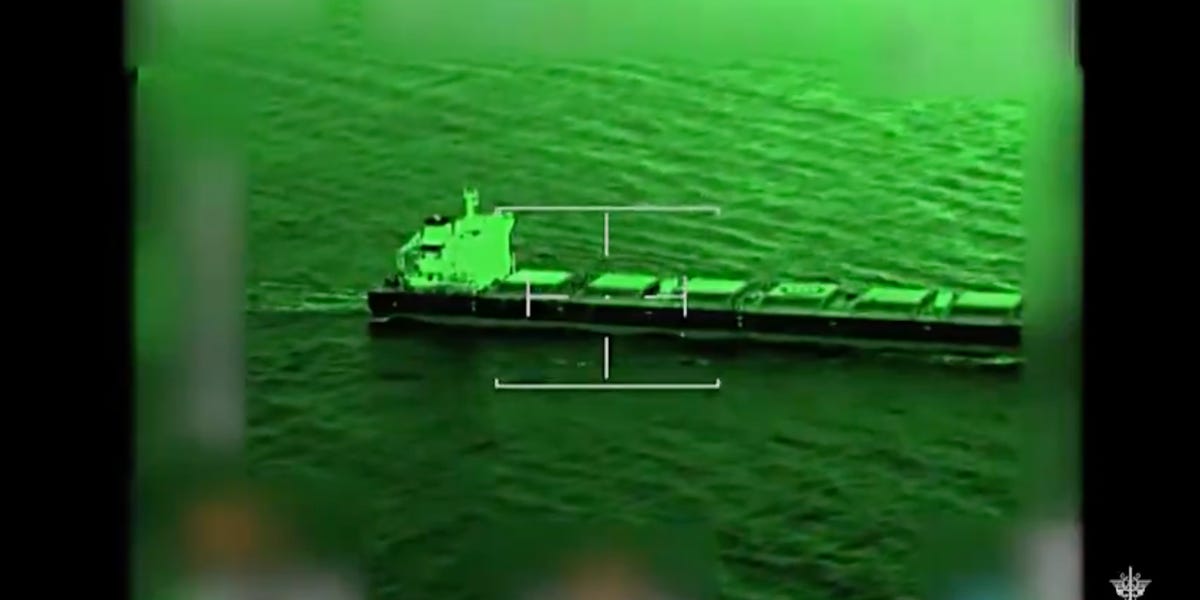- The Houthis reportedly said they would avoid attacking Chinese ships off the coast of Yemen.
- But the Iran-backed rebels fired multiple missiles at a Beijing-owned tanker on Saturday.
- Last week, a US general warned lawmakers about deepening ties between Iran, China, and Russia.
The Houthis said they would refrain from attacking Chinese ships off the coast of Yemen, but this past weekend, the Iran-backed rebels did exactly what they said they wouldn’t.
Early Saturday morning local time, the Houthis fired four anti-ship ballistic missiles toward the M/V Huang Pu, a Chinese-owned oil tanker, as the ship was transiting the Red Sea, according to US Central Command, or CENTCOM.



Admittedly the Rashidun Caliphates should’ve really gotten their stuff together when it came to succession, but these were all wars of succession, not wars of secession. The idea that the Muslim world was meant to be ruled by one Caliphate was an assumption nobody tried to challenge. That’s unity. I like to compare it with the Roman empire, and I think we can agree that the Roman empire was mostly united. Anyway that unity continued until the late Abbasid reign when the Abbasid Caliphate started disintegrating, and stayed like that for a while until it got conquered by the Ottomans who held things together until WWI. The track record isn’t perfect, but it’s pretty good.
It’s not just oil. I mean a lot of it is oil, but it’s not just oil. The Middle East is a generally resource-rich region with a shared cultural identity and tendency towards unity (pan-Arabism and pan-Islamism are very common ideologies among Middle-Eastern people).
So I ran into this some time ago and setting aside the idea of whether these divisions did cause conflict or not, I think it’s telling that only two of these don’t have any sort of large-scale international influence, with one of those being the Islamic one despite being among the top in terms of people, resources and land area.
Interesting article, thanks for sharing. I know we don’t fully agree but I appreciate the conversation!